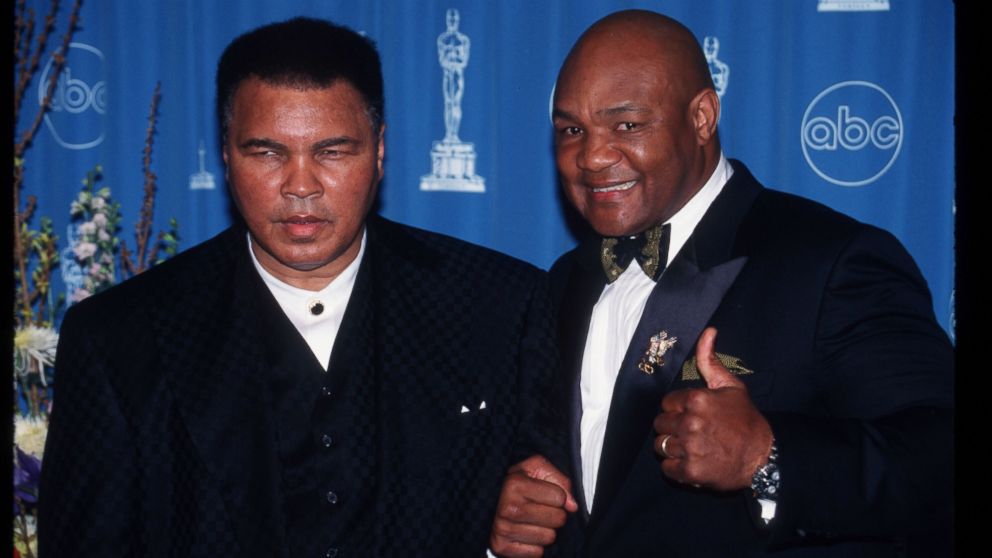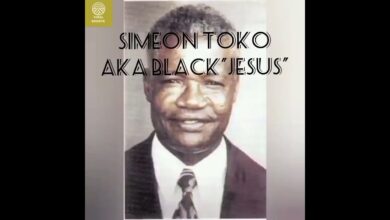Regarding the history of boxing, few matchups have captured the imagination, like the bouts between George Foreman and Muhammad Ali. These two titans of the ring faced each other when boxing was at its peak, and their showdown remains one of the most talked-about events in sports history. But did George Foreman beat Ali? Let’s explore this iconic clash, its significance, and the legacy it created.
The Rise of George Foreman
George Foreman, born January 10, 1949, in Marshall, Texas, rose to prominence in the boxing world during the 1960s and 1970s. With a powerful punch and an intimidating presence, Foreman quickly established himself as a force to be reckoned with.
- Early Career: Foreman began boxing in his teens and quickly won several amateur titles. He captured the gold medal in heavyweight boxing at the 1968 Mexico City Olympics, which catapulted him into the professional arena.
- Professional Success: In 1970, Foreman won his first major title by defeating Joe Frazier, a former champion, in a brutal second-round knockout. This victory solidified his reputation as one of the most fearsome punchers in the sport.
The Rise of Muhammad Ali
Muhammad Ali, born Cassius Marcellus Clay on January 17, 1942, in Louisville, Kentucky, is often regarded as the greatest heavyweight boxer of all time. His style, charisma, and political activism made him a global icon.
- Early Career: Ali’s boxing journey began at a young age, and he became the world heavyweight champion in 1964 after defeating Sonny Liston. He was known for his quick footwork, agility, and a unique boxing style that combined speed and power.
- Cultural Impact: Beyond the ring, Ali’s stance on social issues and refusal to fight in the Vietnam War made him a symbol of the civil rights movement. His popularity transcended sports, making him a beloved figure worldwide.
The Fight: Foreman vs. Ali
The highly anticipated match between George Foreman and Muhammad Ali occurred on October 30, 1974, in Kinshasa, Zaire (now the Democratic Republic of the Congo). This fight, dubbed “The Rumble in the Jungle,” was set against a backdrop of political turmoil and excitement.
Foreman’s Dominance
In the lead-up to the fight, George Foreman was considered the favorite. His previous performances showcased his incredible punching power and ability to overwhelm opponents. He had knocked out many of his last challengers, leading many to believe he would easily defeat Ali.
- Foreman’s Strategy: Foreman entered the ring with a plan to use his strength and size to overpower Ali. He intended to end the fight early, believing that Ali could not withstand his power.
- Foreman’s Record: At the time, Foreman held an impressive record of 40 wins (37 by knockout) and only one loss. His dominance in the heavyweight division made him a formidable opponent.
Ali’s Strategy: The Rope-a-Dope
On the other hand, Muhammad Ali had his game plan. Known for his ability to adapt and strategize during fights, Ali employed a tactic that would surprise everyone.
- Rope-a-Dope: Ali used a technique called “rope-a-dope,” where he leaned against the ropes, allowing Foreman to throw punches. This strategy aimed to tire Foreman out, making him less dangerous as the fight progressed.
- Psychological Warfare: Ali also played mind games with Foreman, taunting him and using his quick footwork to avoid significant damage in the early rounds.
The Fight Unfolds
As the fight commenced, the atmosphere was electric, with a crowd of over 60,000 fans. Foreman started strong, landing heavy punches that visibly shook Ali. However, Ali’s strategy began to pay off as the rounds progressed.
Early Rounds: Foreman’s Power
- Foreman’s Offense: Foreman unleashed a flurry of punches in the first few rounds, demonstrating his power and aggression. He cornered Ali, throwing powerful hooks and uppercuts that put Ali in a vulnerable position.
- Ali’s Defense: Despite taking heavy shots, Ali remained calm. He absorbed the punishment while conserving his energy, waiting for the right moment to strike back.
Turning Point
As the fight reached the later rounds, the dynamics began to shift. Ali’s endurance and strategic planning came into play.
- Foreman’s Fatigue: As Foreman continued to throw punches, he started to tire. His initial explosive energy waned, and Ali took advantage of this by increasing his activity and precision.
- Ali’s Comeback: In the eighth round, Ali began to unleash his powerful combinations. He demonstrated his speed and agility with each punch, landing clean shots that surprised Foreman and the audience alike.
The Conclusion: Did George Foreman Beat Ali?
In a stunning turn of events, Muhammad Ali emerged victorious when he knocked out George Foreman in the eighth round. The crowd erupted in disbelief as Ali raised his arms triumphantly, successfully executing his game plan.
- The Knockout: Ali landed a combination of punches that sent Foreman to the canvas, securing one of the most significant victories in boxing history.
- Aftermath: This fight changed the course of both boxers’ careers and left a lasting legacy in the world of sports. Ali became a symbol of resilience and strategy, while Foreman’s career took a different path, leading him to become a successful entrepreneur and author.
Legacy of the Fight
The impact of “The Rumble in the Jungle” resonates in boxing today. The article showcased the importance of strategy and mental fortitude in sports.
- Cultural Significance: The fight transcended boxing, representing a clash of cultures and ideologies. It symbolized the fight against oppression and the triumph of the human spirit.
- Future of Both Boxers: After the fight, both Ali and Foreman went on to have storied careers. Ali defended his title successfully multiple times, while Foreman eventually returned to boxing and became a two-time heavyweight champion.
The Evolution of Boxing After the Fight
The aftermath of Foreman vs. Ali significantly impacted the sport of boxing.
- Increased Popularity: The fight attracted a global audience, bringing new fans to boxing. It highlighted the sport’s entertainment value and showcased the personalities of its athletes.
- Rivalries: The matchup also ignited rivalries within the boxing community, inspiring future boxers to adopt strategies emphasizing mental toughness and physical power.
Conclusion: A Legendary Encounter
In conclusion, “Did George Foreman beat Ali?” is answered with a resounding no. Muhammad Ali’s victory in their legendary fight solidified his status as one of the greatest boxers ever. The strategies employed by both fighters demonstrated the complexity of boxing, where strength, speed, and mental agility all play crucial roles.
The legacy of their fight continues to inspire future generations of boxers and fans alike. It’s a reminder that in sports, the underdog can rise to the occasion, and sometimes, a well-thought-out strategy can triumph over brute strength.
In reflecting on this iconic battle, we celebrate the athletes involved and the spirit of competition that drives sports forward. The story of Ali and Foreman will be told for years to come, a testament to their greatness and the unforgettable clash that defined a generation.




